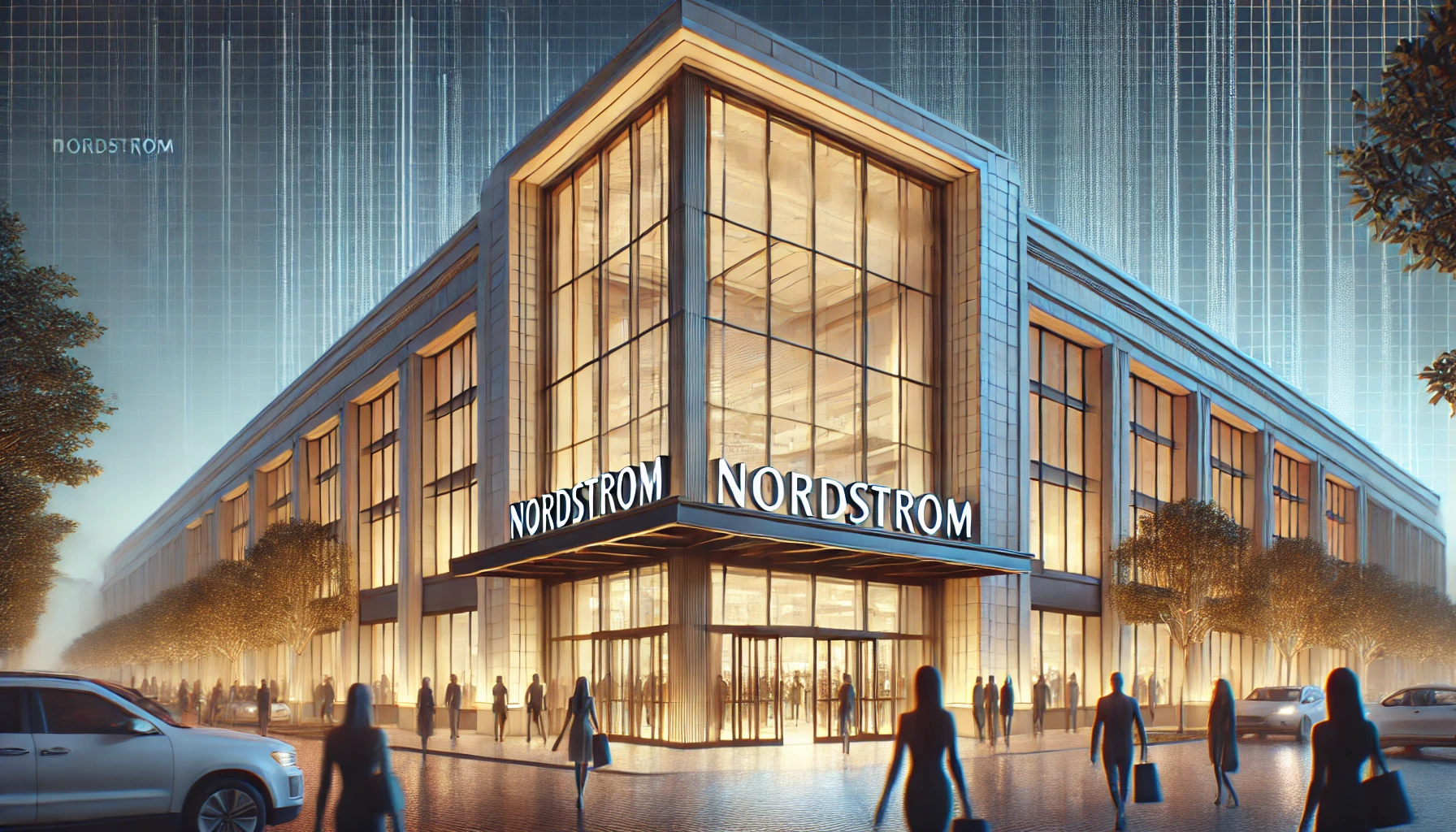| Key Points: – Nordstrom will go private in a $6.25 billion deal, with shareholders receiving $24.25 per share in cash. – The Nordstrom family will hold a 50.1% stake, with Mexican retailer Liverpool owning 49.9%. – The privatization aims to revitalize Nordstrom’s operations away from public market pressures. |
Nordstrom Inc., the iconic department store chain, is set to go private in a landmark $6.25 billion deal spearheaded by its founding family. This strategic move is designed to provide the company with greater flexibility away from the pressures of the public market, enabling it to address evolving retail challenges more effectively.
Under the terms of the agreement, Nordstrom shareholders will receive $24.25 per share in cash, reflecting a significant valuation for the company. The transaction, expected to close in the first half of 2025, will leave the Nordstrom family with a controlling 50.1% stake, while their partner, Mexican retailer El Puerto de Liverpool SAB, will hold the remaining 49.9%.
Nordstrom’s stock has seen a 33% increase this year, bolstered by optimism surrounding the retail sector’s recovery and this transformative move. However, the offer represents a notable decline from a 2018 bid by the family to take the company private at $50 per share, which the board deemed too low at the time.
This privatization signals the Nordstrom family’s confidence in reviving the brand’s fortunes amidst a shifting retail landscape. CEO Erik Nordstrom expressed optimism about the deal, stating, “On behalf of my family, we look forward to working with our teams to ensure Nordstrom thrives long into the future.”
Nordstrom, like many department stores, has struggled to regain its pre-pandemic revenue levels. After peaking at $15.9 billion in annual revenue in fiscal 2019, the company’s sales have not returned to those heights. Analysts project fiscal 2024 revenue to close at $14.9 billion, reflecting a lingering decline exacerbated by changing consumer habits and the rise of online competitors such as Amazon.
The challenges faced by Nordstrom echo broader trends in the U.S. department store sector. Macy’s Inc. has downsized its store footprint to reduce costs, while Saks Fifth Avenue and Neiman Marcus have undergone significant ownership changes to adapt to market dynamics.
The transaction will be funded through a mix of rollover equity contributions from the Nordstrom family and Liverpool, $450 million in borrowings from a $1.2 billion ABL bank facility, and company cash reserves. A special dividend of up to $0.25 per share is planned for shareholders, contingent on the deal’s completion.
The Nordstrom board, excluding Erik and Peter Nordstrom, who recused themselves from the vote, unanimously approved the transaction. The deal still requires approval from two-thirds of the company’s common stockholders, including a majority of shares not owned by the Nordstrom family or Liverpool.
Taking Nordstrom private marks a pivotal moment for the 123-year-old retailer, granting it the freedom to restructure and innovate away from Wall Street’s scrutiny. The Nordstrom family’s continued involvement and partnership with Liverpool signal a commitment to ensuring the company adapts to the evolving retail landscape.
The success of this move could serve as a case study for other legacy retailers grappling with similar challenges, as Nordstrom seeks to reclaim its position as a leader in the retail industry.
